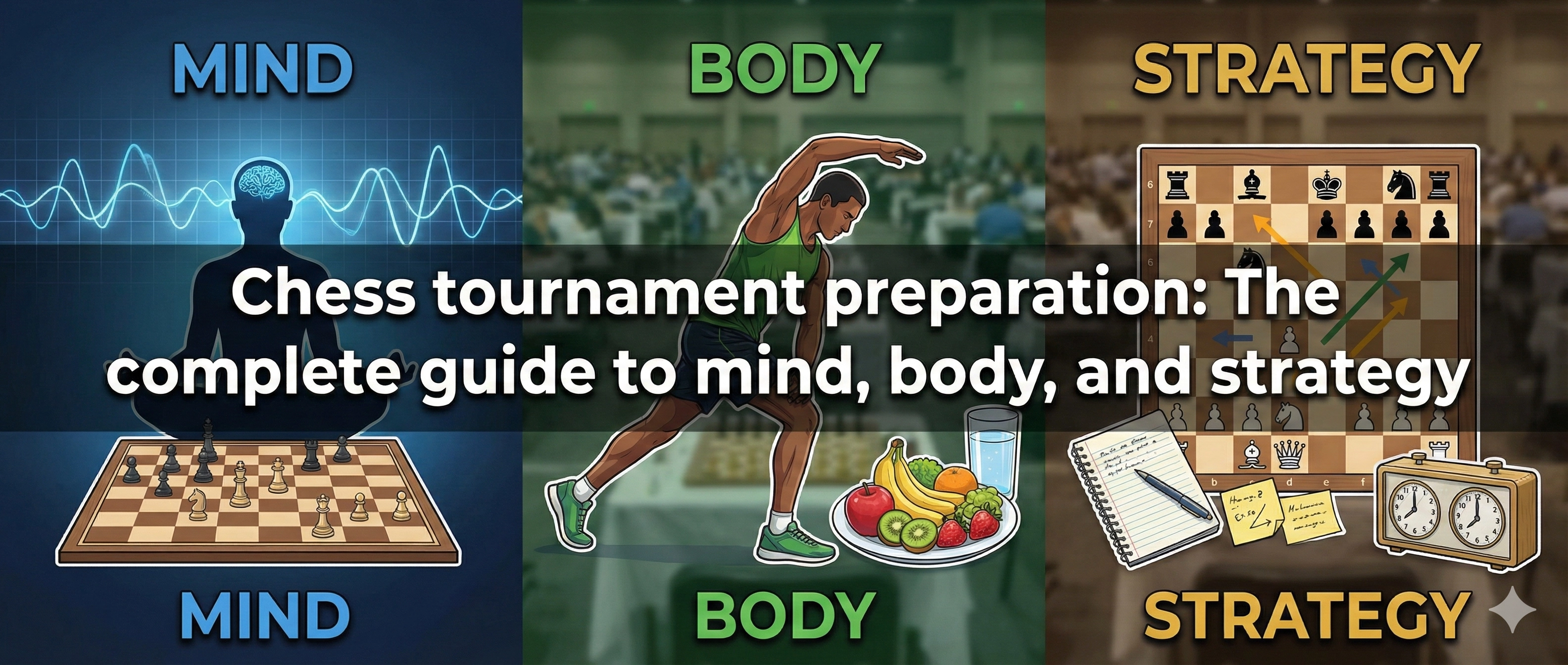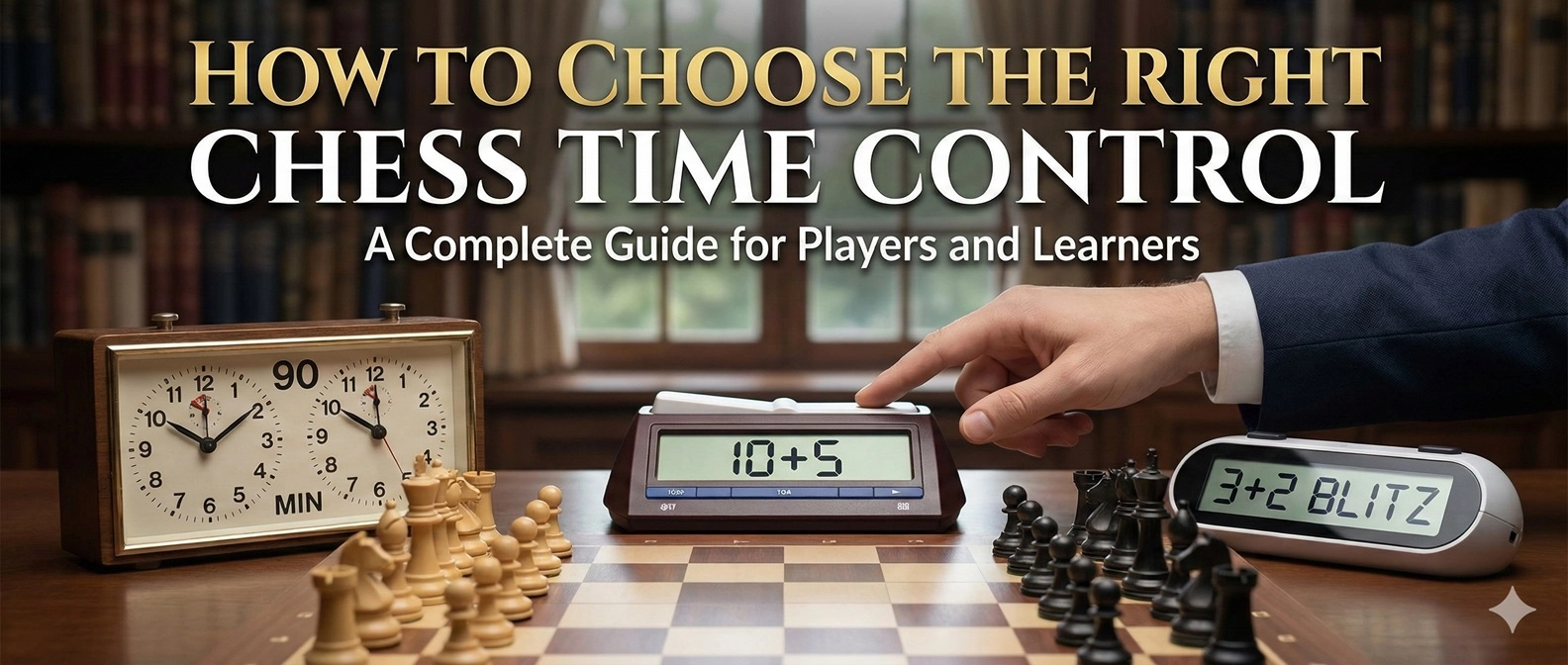I always dreamt of playing a sonata like Beethoven. And my piano teacher helped me with some amazing tips on "how to memorize a piano piece quickly".
I am going to share those same tips with you. They work like a charm.
Why Memorize Piano Pieces
You can showcase your piano skills confidently
You will feel more connected to the composition.
You will be able to perform better.
You will not have to refer to the music sheet all the time.
4 Types of Musical Memory
How to Memorize a Piano Piece Effectively
To truly memorize a piano piece—or any piece of music—you need to engage all four types of musical memory. These are:
Aural Memory – remembering how the music sounds.
Visual Memory – recalling how the sheet music or keys look.
Muscle Memory – letting your fingers remember the movements.
Structural Memory – understanding the composition’s overall form.
When you combine these four, memorization becomes smoother and more reliable. Let’s explore how to strengthen each one and make your practice more effective.
How to build Aural memory
Build aural memory by training the ear. You do not even need to play piano.
Listen to the tune and prepare your ear.
Auditory memory is easily accessible, but one cannot rely solely on it. To be able to play like a professional you need to utilize other memories as well.
How to build Visual Memory
To be a good pianist, one must develop sight-reading skills. Remember to include it in your daily routine to make the most of it.
Visual memory consists of the music sheet, the keyboard, and the hands. It helps you visualize the notes around somewhere on the keyboard.

How to build Muscle Memory
Up next comes muscle memory. My instructor suggested strengthening my muscle memory by doing reps after reps on the keyboard. Do the same.
How to build Structural Memory Lastly
The most significant memory you should know about is structural memory. Have you ever been to a performance and felt a note to get missed, yet it was a great hit? It is because the performer has analyzed the piece well and knows the story by heart.
That is structural memory, where you have an insight into a score and learn it by heart and soul. Are you about to buy a piano?

7 Tips To Memorize a Piano Piece Quickly
Learning a composition on piano takes time. It can get boring. Follow these tips to memorize a piano piece quickly.


1. Understand the essence of the Piano piece
Know what it means My first tip for memorizing a piano piece is to comprehend the meaning of the work itself. To understand a piece of music, first, you must learn.

Master plan to understand a piano piece
Utilize the boon of the digital era. Listen and watch a masterpiece of Chopin or Bach.
Study the score after watching the video online a few times.
Now grab a pencil and make your own notes on the blocks of the piece, i.e., notes, harmonies, rhythms, and themes.
Mark the changes in the piece.
Make sure to analyze the piano piece thoroughly to have a clear idea of the organization of the work. Your brain needs to know what comes next. Therefore, Analyze!

2. Practice
Make practice a daily habit Memorizing begins with a healthy habit of practice.
How to practice
Make a habit of going s-l-o-w on tempo initially to let your brain process the information. Absorb the music in your heart and mind.
Focus on fingerings and independence of your hands. Practice with each hand separately at first. Try to do it 7 times a day.
Before putting both hands together, give your brain space to comprehend what is happening. While using both hands, do not rush; practice in sections.
Keep repeating. Repetition is the key to memorization.
Remember knowing the technicalities well is essential to memorizing a piece.
3. Strategize
Break it into pieces and then rehearse Once a piano piece is assigned to you, focus on making your strategy to memorize that.
What should be in the plan book?
Measure small bits out of notes and rehearse at a slow tempo. Remember, your brain will process faster and better if fed in small chunks.
Keep rehearsing in a loop until you attain perfection. Remember the saying, "Don't practice until you get it right; practice until you can't get it wrong."
To make it easier, create a specific point for your reference to go back and forth through your sheet music.
If you can do it efficiently five times now, look at your hands and not at the piece and play with minimum mistakes. Keep the drill on, and you will get it right. Thus, memorizing will become a piece of cake for you!
4. Practice without a Piano
Commit Notes and Timing to Memory This is a crucial tip that I suggest you include in your how-to memorize a piano piece quickly routine.
Knowing the piece away from the piano helps you to get familiar with the dynamics and different styles of the song.
What to do away from the piano
Plug your earphones in and listen to the tune; hum if you like.
Now, if you have memorized the timing, harmony, and pattern of the note, you should be able to play it on the edge of your dinner or the bonnet of your car
5. Test your memory
Play in front of family and friends Always remember to test your memory. After many hours or weeks of memorization, your memory can slip, making you blank for the next note! Hence, test your memory.
Ways to test your memory
Once you get confident in your memory, play for your family and friends.
Organize a small concert in your hall. This will prepare you for your actual recital. It will make you confident, I promise!

6. Avoid making mistakes
Train your Brain My teacher, Mr. Gomes used to tell me to consciously avoid making mistakes when playing a new song. That's excellent advice! Because if you make a mistake initially, your brain gets trained to keep making those mistakes.
Wrong notes, fingering, timing, pauses- all are counted as mistakes. Go slow but do it right.
7. Get help
Hire a Piano instructor Do not hesitate to ask for help! Learning piano is a complex task.

So my suggestion for beginners is to join a piano class to get expert guidance. A trainer would help you with more tips, practice with you, and monitor your progress.
Looking for good piano lessons? Read Best Piano Lessons Online For Free to find a solution to your worries and put an end to your search.

More Piano Resources

FAQs
1) How can I learn piano music faster?
To learn piano music faster follow your practice habits diligently. Hold a proper posture, and use your hands separately until you get better with them. Read and understand your music sheet, test your strategy, and work hard. Here are a few tips to learn piano music faster.

2) How do pianists memorize pieces?
Pianists memorize pieces by using 4 types of memory (i.e., aural memory, visual memory, physical memory, and structural memory). An expert pianist uses all these memories to memorize a piece so they can play every note fluently.
3) Can you learn a piano piece in one day?
It depends on what you want. If you want quality, then it requires time. You can learn an easy, simple piece in one day if you know the correct music theory. But to play Beethoven, you need practice, patience, and time.

4) Why is it important to memorize a piano piece?
Memorizing a piano piece is important because it can liberate you from the music sheet. You can make an interpretation of music of your choice and it will boost your confidence.
5) How many days are needed to memorize piano music?
To learn a piano piece properly you need about 6 months. If you want to learn a lengthy and complex piece, it requires time. It also depends on the age and skill of the learner. But remember, time is on your side. Professionals also need time to memorize. Unless you are a prodigy, the same goes for you.








Comments